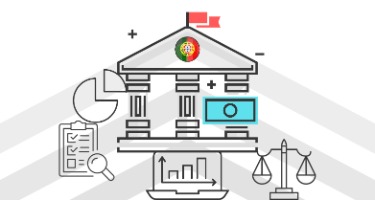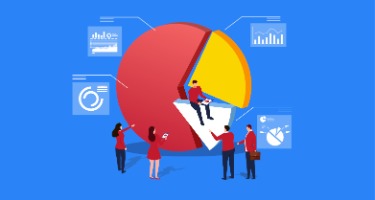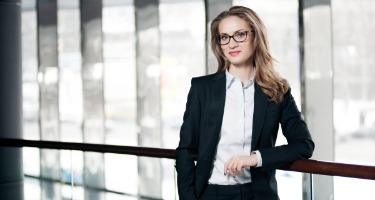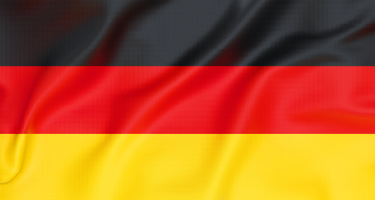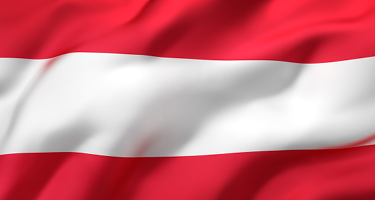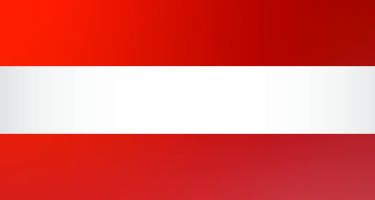Thomas Thalhofer, who leads Noerr’s Digital Business practice group, looks at the ways cybersecurity and data protection policies have evolved in Germany and predicts their future impact in an interview with Best Lawyers CEO Phillip Greer.
What inspired you to focus on information technology law?
I was always fascinated by computers—I even did some software programming when I was a teenager. But I was also interested in law and economics. In the end, I found I was better suited to legal work than mathematics. For me, information technology and law was the perfect combination.
What encouraged you to join this firm?
After finishing my studies, I talked to a couple of law firms. Noerr drew me in from the very beginning. The firm already had an excellent reputation at the time for its information technology practice. Noerr also has both German roots and a very international reach with its clients, international offices, and powerful international networks. That was an enticing combination for me, and, in the end, it turned out to be the right decision.
What achievements from this past year contributed to your firm receiving the "Law Firm of the Year" award?
A few years ago, we recognized the trend toward economic digitalization and became something of a pioneer in that regard. The market recognized our observations and early action, and it gave us a strong footprint. Information technology was a niche area for many years. Now, digitalization and newer digital issues are a focus for many enterprises, big corporations and medium-sized businesses alike, and the digital economy is growing fast. We are seizing this momentum by working together with the German federation of industries, Bundesverband der Deutschen Industrie, and assessing all matters of digitalization law. We have also been invited to consult politicians throughout the European Union, and my partner Peter Bräutigam even advised the EU commission. Our consultations with these groups really showed that we had developed our expertise in the right fields.
Can you tell me about one or two landmark cases that you are especially proud to have been a part of?
There are two that I would like to mention. Just recently, we were part of the Bayer-Monsanto transaction. Bayer asked us to support them in their sale of digital farming activities. I consider this a landmark case for us because the Bayer-Monsanto deal was the largest transaction a German company ever did, and we had the chance to work on the technology-focused part of the transaction. Bayer chose us because of our outstanding experience and knowledge of information technology and software licensing law. Clearly, these transactions and technical abilities are becoming more and more important for law firms, and are a real differentiator between us and our competitors, also in the area of M&A and even in transactions where there is no or little German law.
The second case I would like to mention involved Deutsche Börse AG, the leading stock exchange provider in Germany. The organization also has a technology branch, which they used to establish an exchange for power, and was created to trade electricity for all of Europe, in real time, via their IT platform. For example, if there is demand in Northern Europe or in Germany for the solar power produced in Spain, it is no longer required to activate the nuclear power plant to create that energy; Instead, you can use the software platform to purchase the energy from renewable sources and transmit it through the grid to where it is really needed.
That was a deal that made a difference for the environment and for society. For me, it demonstrated that lawyers could have important and interesting deals and also make an impact beyond the scope of the everyday.
How do you see IT law changing in Germany in the coming years?
As we’ve discussed, digitalization leads to a growing demand in our practice area. Software and technology have become much more important in commercial contracts also, which is also the reason why we at Noerr have created the digital business practice group that I lead together with my partner, Karl Rauser. We believe that contracting will contain more and more technology-focused legal questions in the coming years. Additionally, there are new areas of law and questions coming up around increasing technology usage, and technological development. For example, liability for artificial intelligence and software agents, the rights to machine and sensory data, autonomous driving, and other interesting topics like that.
Have there been any important policy changes locally or globally that have impacted your firm's work in IT law?
I think the most notable change is without any doubt introduction of the general data protection regulation. The GDPR has been a great opportunity for our firm because of its harmonization throughout Europe, which enables us to work for clients Europe-wide, and it gives us greater reach as a law firm. Still, for our clients, it also poses a massive challenge, because the rules are very strict. There are very high fines in the GDPR for breaches, and there has been a lot of anxiety and concern amongst our clients in the last several months. This has increased the demand for data protection advice and we have responded to this demand by creating a special data protection group, which is now headed by my partner Daniel Rücker.
How does your firm stay agile against competitors in IT law?
A focus on consistent, high-quality work for our clients is important to us. And I think this is something that we are known for in the market. Additionally, we have an extreme service attitude and responsiveness that we provide. So we have developed a system to make sure that really every client we have gets the best service that we can offer. We always stay on track with what our clients are working on to understand their business models. We see what the developments in their space are. And we keep our focus on the innovations that are now coming to the legal market like legal tech tools. The opportunities for growth are always there.




